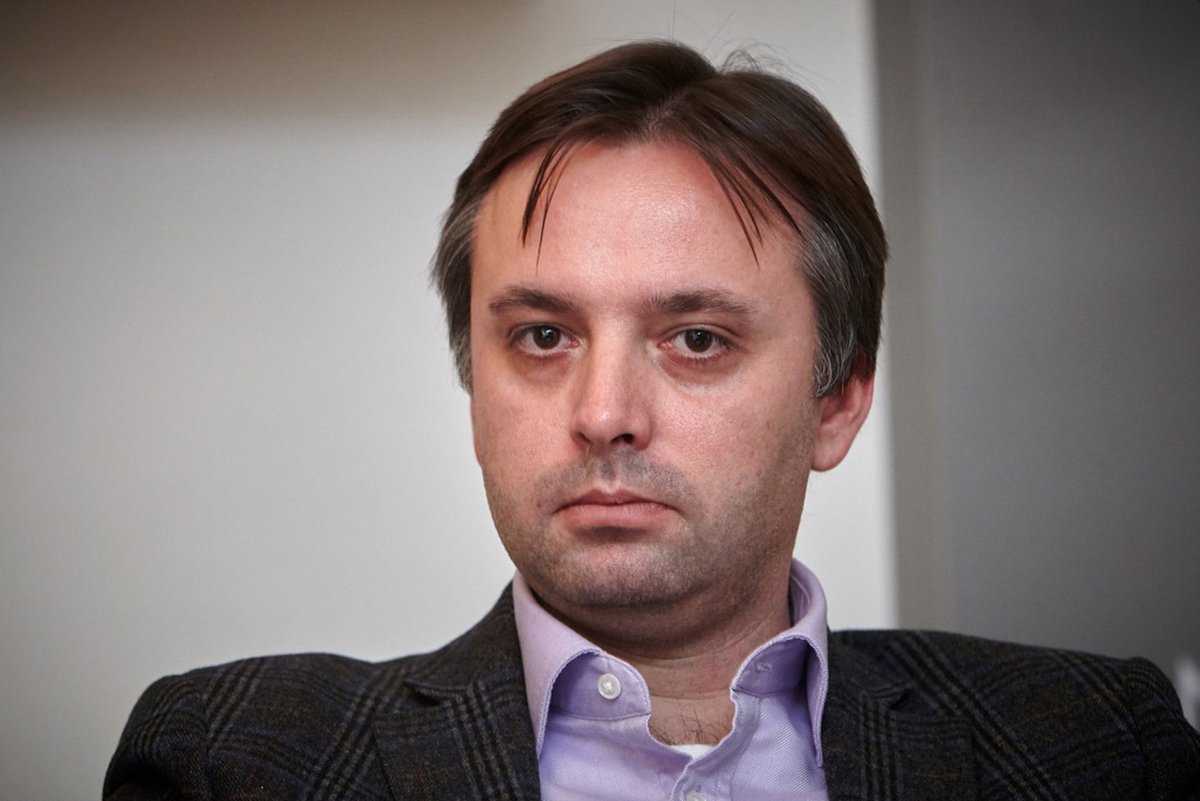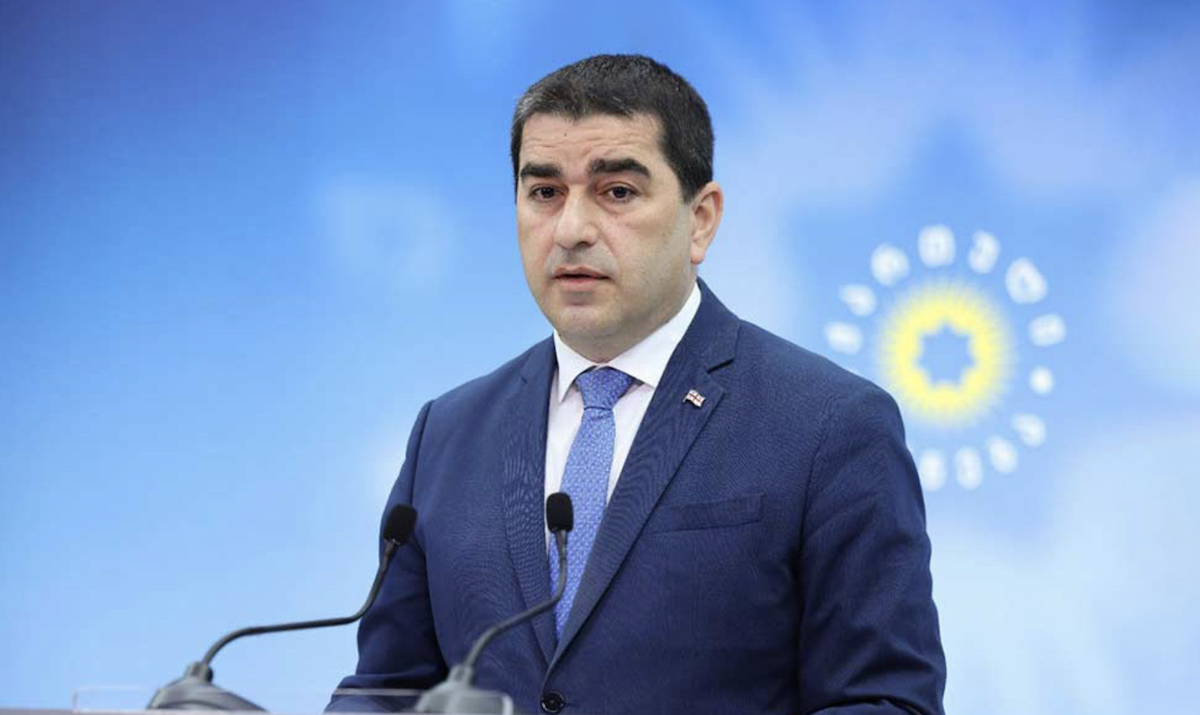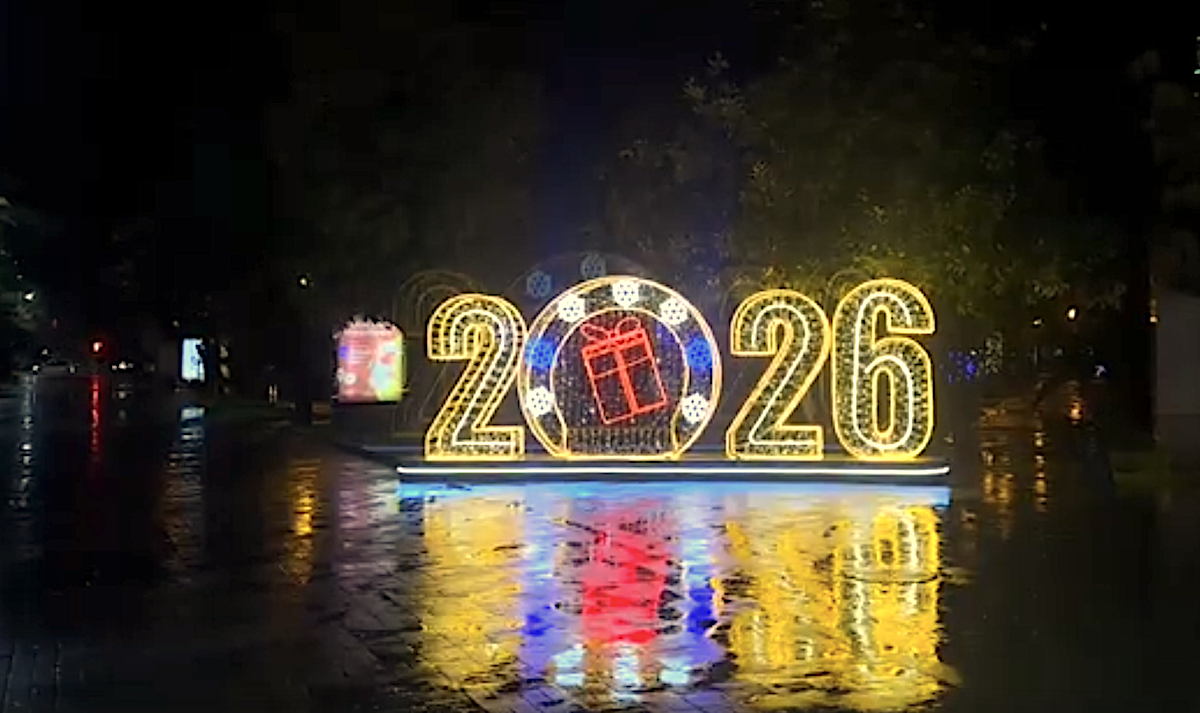Russian intelligence services in Czech Republic acting against EU countries – Czech journalist

Ondřej Kundra, a Czech journalist. Photo courtesy: Knihovna Václava Havla
Full version of the interview available on Hromadske website
Ondřej Kundra is a political editor of ‘Respekt’ (Eng. Respect) weekly, an influential Czech newsmagazine. His book entitled ‘Putin’s agents: How Russian spies steal your secrets’ was published in Prague in 2016.
Why has the Czech Republic, as you noted in your book, become the base for Russian intelligence services in Central and Eastern Europe?
“There are several reasons for that. The first one is historical. The Soviet Embassy in Prague was one of the most powerful in Eastern Europe. The Russian Embassy was created on its basis. There were about 1,200 employees. It was conditioned by history.
“A democratic movement, also known as the ‘Prague Spring’, sprang up in the late 1960s. One of the decisions of the KGB Chief, Yuri Andropov, which was aimed at countering the democratic movement, was to introduce so-called ‘residencies’(field station-ed.), as the Russians call it. That is, when the intelligence services start operating under the embassy auspices. It was the first ‘residency’ in Central-Eastern Europe. It should be noted that it successfully carried out its activity, since the democratic movement sustained a defeat. Since that time, Russian agents have been staying in my country, developing contacts.
“Another reason is that the Russians love the Czech Republic because it’s comfortable and they enjoy being there.
“And one more reason that I would like to stress is that the Russian agents feel safer in the Czech Republic. The Czech intelligence service is much smaller in scope compared to the German one, it has a relatively small budget and the staff isn’t that big either. The Russian agents can easily carry out their activity, which, by the way, covers not only the Czech Republic, but also some other countries of the region, like, for example, Germany.
“We live in the Schengen area, where all the borders are open, and we all are part of the European Union. Therefore, it’s easier for their agents to travel to Germany for a day or half a day, do their job and then return back, knowing that the German intelligence services won’t pay any attention to them.”
Why do the Czech authorities, especially the Czech intelligence services, tolerate such things?
“I think there have been attempts to counteract it, especially over the past two years, when a disinformation campaign has gained momentum. A statement has been made at the governmental level about the need to combat disinformation. Consequently, it has been decided to set up a new anti-disinformation unit at the Interior Ministry.
“On the other hand, I agree that those efforts are hardly enough. There are about 60-70 people employed at the Czech intelligence services’ department dealing with issues concerning Russia and its influence in the Czech Republic. Meanwhile, there are 1,200 employees at the Russian Embassy in the Czech Republic. In view of such a ratio, the Czech intelligence services simply don’t stand any chance. The problem lies in the government itself, because some politicians don’t regard this issue as something serious that should be responded to somehow.”
Which political forces disagree that it’s a matter of urgency?
“There are pro-European and pro-Russian politicians in each political party. The latter could often be found in the ruling Social-Democratic Party. Miloš Zeman, the President of the Czech Republic, is also Russia-oriented. For example, on many occasions he attended the ‘Dialogue of Civilizations’ Forum on the Greek Island of Rhodes, organized by Vladimir Yakunin, a man from Putin’s entourage. His visit was financed from the Russian budget. During his address, he spoke out for the need to lift sanctions against Russia. Thus, certain politicians are involved in this dirty business.”
Apart from the developments over the past three years, what trends in the Russian intelligence services’ activity would you point out? Have you noticed any spate of their activity?
“The Russian intelligence services are operating very actively in the Czech Republic. As I’ve already mentioned, the number of staff employed at the Russian embassy in my country is extremely high. Some politicians argue that they should be downsized, but such politicians are few in number.
“The government’s decision to combat disinformation is a new trend. However, this process has been launched just recently. I would say, the Kremlin has turned the Czech Republic into some kind of ‘Trojan Horse’ within the bounds of Europe itself. Let’s take, for example, the sanctions against Russia over the hostilities in Ukraine or annexation of Crimea: the Kremlin tries to influence the Czech politicians, so that they raise the issue of lifting those sanctions in Europe.
“The Czech President, Miloš Zeman, has already voiced such a proposal, arguing that those sanctions were pointless and they were damaging to business. He referred to the conflict in eastern Ukraine as ‘a bout of flu’: just two weeks and the situation is back to normal. Despite that, most of the politicians have supported the sanctions. The Czech Prime Minister shares the pro-Atlantic and pro-European visions. The overwhelming majority of the Czech population also realize the importance of countermeasures against such threats.”
Was there any reaction from Russia regarding the book? Or, for example, from the Russian Embassy in the Czech Republic?
“There wasn’t any reaction from the Embassy. But they responded to my publications in the ‘Respekt’ magazine, where I also covered this theme. Their response was as follows: they published my home address on one of the pro-Russian websites, saying ‘here’s where this rascal lives, so you can drop in’. I’ve also received death threats.”
Full version of the interview available on the Hromadske website


















